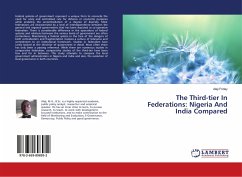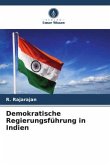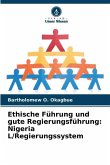
Broschiertes Buch
25. Januar 2025
Verlag Unser Wissen

25,99 €
Versandfertig in 6-10 Tagen
Broschiertes Buch
1. Juni 2016
LAP Lambert Academic Publishing
25,99 €
Versandfertig in 6-10 Tagen
Broschiertes Buch
Comparação entre a Nigéria e a Índia
25. Januar 2025
Edições Nosso Conhecimento
25,99 €
Versandfertig in 1-2 Wochen
Broschiertes Buch
25. Januar 2025
Ediciones Nuestro Conocimiento
25,99 €
Versandfertig in 6-10 Tagen
Broschiertes Buch
25. Januar 2025
Editions Notre Savoir
25,99 €
Versandfertig in 6-10 Tagen
Broschiertes Buch
25. Januar 2025
Edizioni Sapienza
Ähnliche Artikel

Broschiertes Buch
24. September 2024
Verlag Unser Wissen


Broschiertes Buch
Ein kritischer Ansatz zur Untersuchung der Rolle glaubensbasierter Organisationen in der Regierungsführung in Nigeria zwischen 1999 und 2019
30. Oktober 2023
Verlag Unser Wissen

Broschiertes Buch
3. Juni 2022
Verlag Unser Wissen

Broschiertes Buch
15. September 2023
Verlag Unser Wissen

Broschiertes Buch
16. November 2022
Verlag Unser Wissen

Broschiertes Buch
Eine Fallstudie zu den Woredas Abobo und Lare im Regionalstaat Gambella, Äthiopien
6. Dezember 2022
Verlag Unser Wissen

Broschiertes Buch
25. Januar 2024
Verlag Unser Wissen

Broschiertes Buch
5. Juni 2021
Verlag Unser Wissen
Ähnlichkeitssuche: Fact®Finder von OMIKRON
